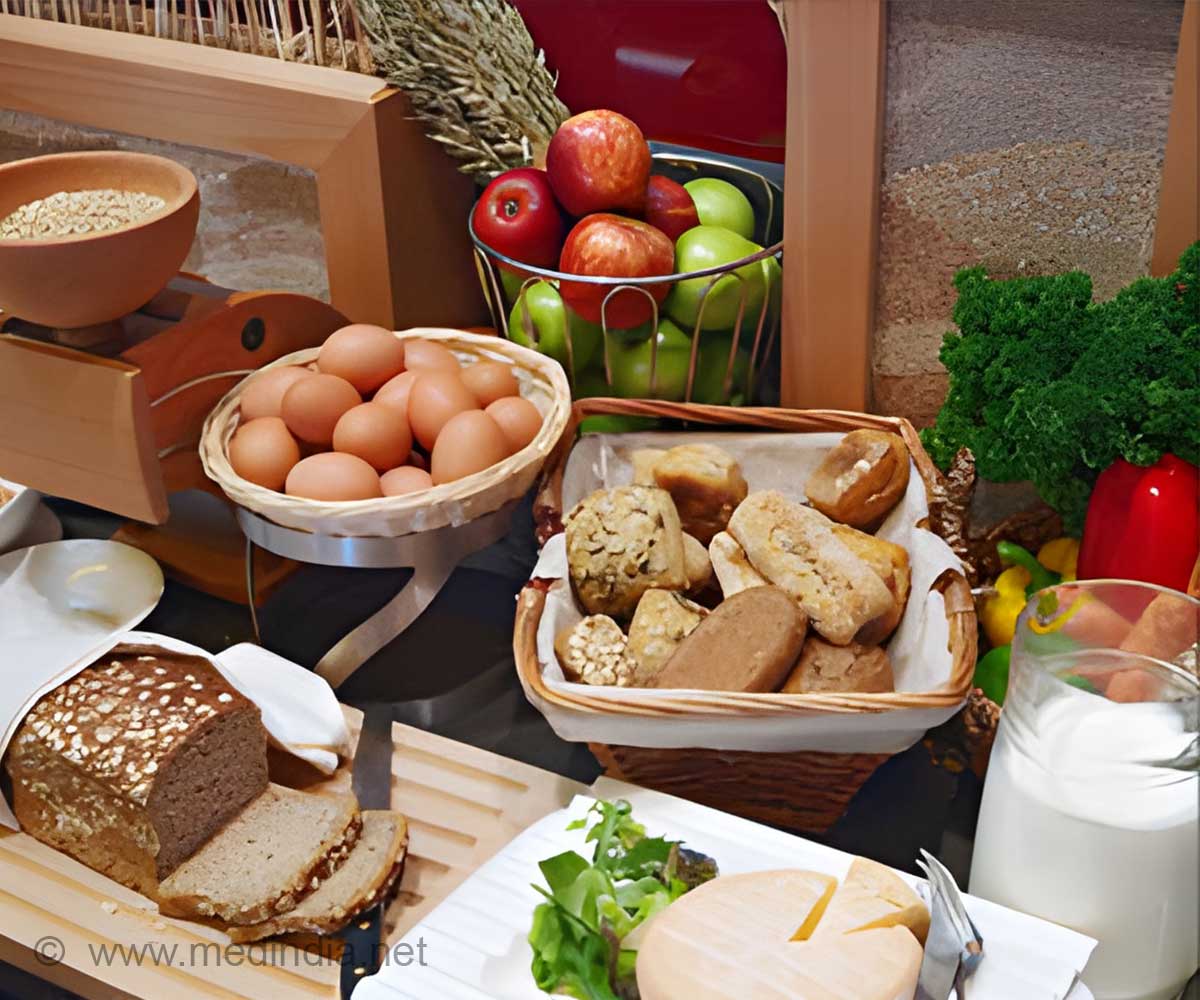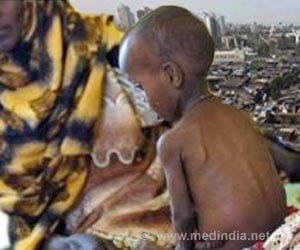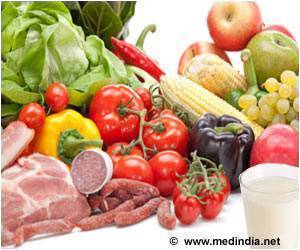This new group of startups is essentially hacking the food sector with new ideas and technologies about food that have strong ties to Silicon Valley.

Isha Datar, executive director of the nonprofit group New Harvest, which promotes cellular agriculture, or the use of stem or other cells to produce replications of animal products, said, "I think this new industry will be disruptive. The tech sector is spearheading this effort, with most of the traditional food industry stuck in a deeply ingrained system that makes it less amenable to change."
Brooklyn-based startup Modern Meadow is developing an edible cultured meat prototype along with bio-engineered leather products, which do not require animal slaughter. The company receives funding from tech venture firms Sequoia Capital and Artis Ventures. Andras Forgacs, chief executive of the firm, said, "This is bio-fabrication, where cells themselves can be used to grow biological products like tissues and organs. Perhaps bio-fabrication is a natural evolution of manufacturing for mankind. It's environmentally responsible, efficient and humane."
Mark Post, a professor of tissue engineering at Netherlands-based Maastricht University presented the first lab-grown hamburger in 2013. The product, backed by Google co-founder Sergey Brin, sparked interest in lab-produced foods.
San Francisco-based Clara Foods is using a similar in-vitro technique to produce 'animal free' egg whites, while in the same city laboratory-produced milk is on its way from a startup called Muufri.
Gilonne d'Origny of New Harvest said, "These products are just as versatile as the real ones. An egg white (produced through cellular agriculture) can be used to make meringue. If you create a flank steak this way it will have the cells lined up in the same way as a real flank steak, so it will be identical."
Advertisement
Brent Taylor, co-founder of California-based Beyond Meat, which uses soy and pea protein for its products including 'Swedish meatballs' and 'Southwest chicken strips', said, "This type of food offers a more sustainable model. Our core mission is to seek mass market solutions to replace animal protein with plant protein. The product creates the fiber-like structures and texture or meat. New ideas are needed because the rate of meat consumption in markets like China is rising at such a rapid clip that we can't keep up."
Advertisement
Source-AFP















